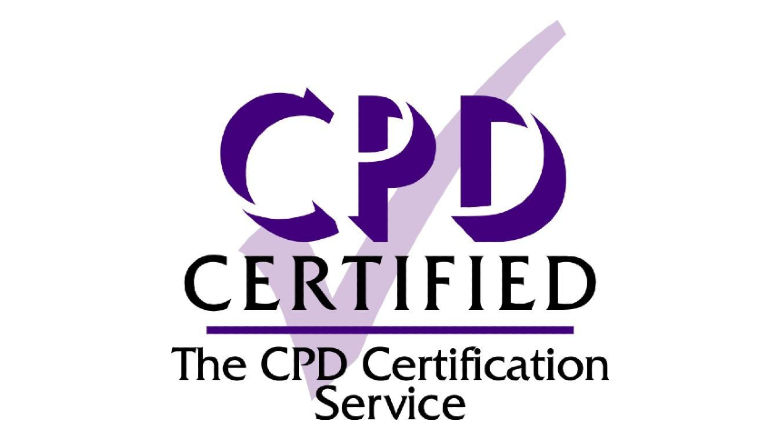War and Conflict: Reintegration (DDR)
Security & Defence
Course overview
Discover how societies rebuild after war. Learn the principles and practice of disarmament, demobilisation and reintegration (DDR), and explore the challenges of restoring peace for ex-combatants, women, and children.
12 September 2025 - 12 September 2026
Places: Available
Delivery mode: Online
Application deadline: To be confirmed
Places: Available

Course features
How do countries heal after war? What happens when weapons are laid down, armed groups are disbanded, and combatants must return to civilian life?
This course takes you inside one of the most complex challenges of peacebuilding: the Disarmament, Demobilisation and Reintegration (DDR) of ex-combatants. Drawing on global research, real-world case studies, and practical lessons from the field, you will gain a critical understanding of how DDR programmes work—and why they sometimes fail.
You’ll examine:
- The different models of DDR, from targeted to community-focused approaches.
- The lived realities of male, female, and child combatants as they attempt to reintegrate.
- The risks of re-recruitment into new armed groups or criminal networks.
- The crucial role of local communities, international organisations, and policy choices in shaping outcomes.
With a strong focus on gender and age, the course highlights the unique experiences of women, girls, and child soldiers. You will also grapple with the concept of peace itself—moving beyond simply the absence of war to consider what genuine, sustainable peace looks like in fragile societies.
Led by Dr Sukanya Podder, a leading expert in post-war reconstruction and peacebuilding, this course blends theory with practice. Learners benefit from insights grounded in fieldwork across Africa, Asia, and the Middle East, as well as cutting-edge academic research published in leading journals.
By the end of the course, you will be able to analyse DDR programmes critically, reflect on your own perspectives about peace and reintegration, and apply lessons learned to policy and practice in conflict-affected contexts.
Whether you are a student exploring peace and conflict studies, a professional working in humanitarian, development, or security sectors, or someone passionate about how societies rebuild after violence, this course offers you a powerful lens for understanding the path from war to peace.
Course format
This course is delivered through the edX learning platform and is designed to be completed in approximately 5 hours.
What you'll learn
By the end of this course, students should be able to:
- Grasp the core concepts and practice of DDR
- Compare models of disarmament, demobilisation, and reintegration
- Evaluate successes and failures of DDR programmes
- Examine gendered experiences of women and girl combatants
- Understand child soldier reintegration challenges and needs
- Analyse risks of ex-combatant re-recruitment and prevention strategies
- Reflect on the meanings of peace and its policy implications
- Apply DDR insights to case studies and real-world contexts
- Develop critical perspectives on post-conflict reconstruction
- Strengthen your ability to link theory with practice
Entry requirements
No formal requirements. English proficiency recommended (IELTS Level 6).
Further information
King’s College London has partnered with the online education platform edX to deliver self-paced short courses to learners worldwide. Anyone can audit the course materials for free, excluding graded assessments, for a limited time.
For full access to the course, including graded assessments, and to obtain a verified certificate upon successful completion, the USD fee is $249.
The GBP course fee displayed on this page is for illustrative purposes only and subject to change in line with current exchange rates.
Payment for verified access to the course is made directly via edX. Please see edX Terms of Service for further information.
Credit value:
Not for credit
Duration:
5 hours
CPD Accreditation

Who will I be taught by
Reader in Post-war Reconstruction and Peacebuilding
Discover more



